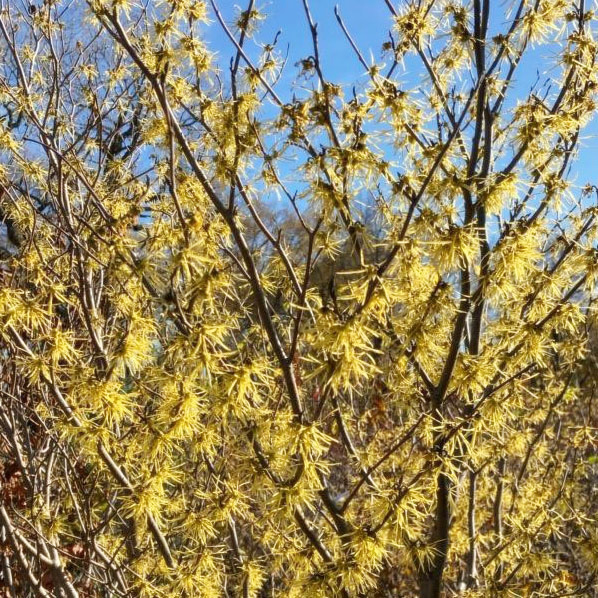There’s still time to prepare your garden for winter. Here’s what you can do now to help your garden endure the cold and snowy months ahead.
Lawns:
- If you fertilize only once a year, now is the best time to do it.
- Mow until the grass stops growing, which should be happening soon. The last mow should be short, approximately at a two-inch blade height.
- Rake leaves from the lawn to prevent diseases.
Trees and Shrubs:
- Watering plants deeply is the single best thing you can do to get your garden plants through the winter. Watering helps prevent desiccation or drying out caused by water loss. Soak plants well when temperatures are above 40 degrees Fahrenheit; you can water usually right up until Thanksgiving. If you have an irrigation system that has been shut down for the winter, we recommend using a hose and sprinkler. After a hard freeze, remember to turn off your outside spigot for the winter by first turning off the inside spigot, disconnecting the garden hose from the outdoor spigot, and leaving the outdoor spigot open to release trapped water.
- Apply a 2-inch layer of organic mulch, which reduces weeds, controls soil erosion and maintains soil moisture around roots. Apply after a hard frost.
- Fertilize trees and shrubs when they’ve gone dormant, before the ground freezes.
- Certain trees and shrubs benefit from fall pruning, which also adds a preventive measure to reduce ice and snow damage.
Perennials:
- Cut back plants 3-4 inches above the ground after they have been touched by frost.
- Apply a 2-inch layer of mulch after a hard freeze. Shredded leaves (done with your lawnmower) or compost is ideal for mulching. Evergreen boughs laid on the ground also offer winter protection, are attractive but must be removed in spring.
- Water perennials at the same time you water your trees and shrubs.
Annuals and Tender Bulbs:
- You can overwinter certain annuals such as Begonia, Impatiens, and Coleus by taking cuttings and propagating them. Be wary of bringing the entire plant in, as it is likely to be infested with insects. Treat with an organic spray if this is the case. Shade-loving outdoor annuals will require full sun indoors.
- Dig up tender bulbs/tubers such as Canna, Dahlia, and Gladiola after leaves have been blackened by frost. Any soft bulbs should be discarded. Allow them to dry, and store in vermiculite or peat in a cool, dry place.
Fire Pits:
- Invest in a fire pit cover to protect your fire pit over the winter and to shield it from rain and snow.
Grills:
- Cover your grill to prevent damage from ice and snow.
Outdoor Furniture & Garden Accessories:
- Cover your outdoor furniture and cushions and tie the covers securely to prevent strong winds from removing them.
- Pots and planters should be stored inside the garage, shed, or basement unless they are fiberglass.
Water Features:
- Water features should be shut down and the pump stored in the basement, to prevent damage from freezing.

